Indigenous Governance Database
Coquille Indian Tribe
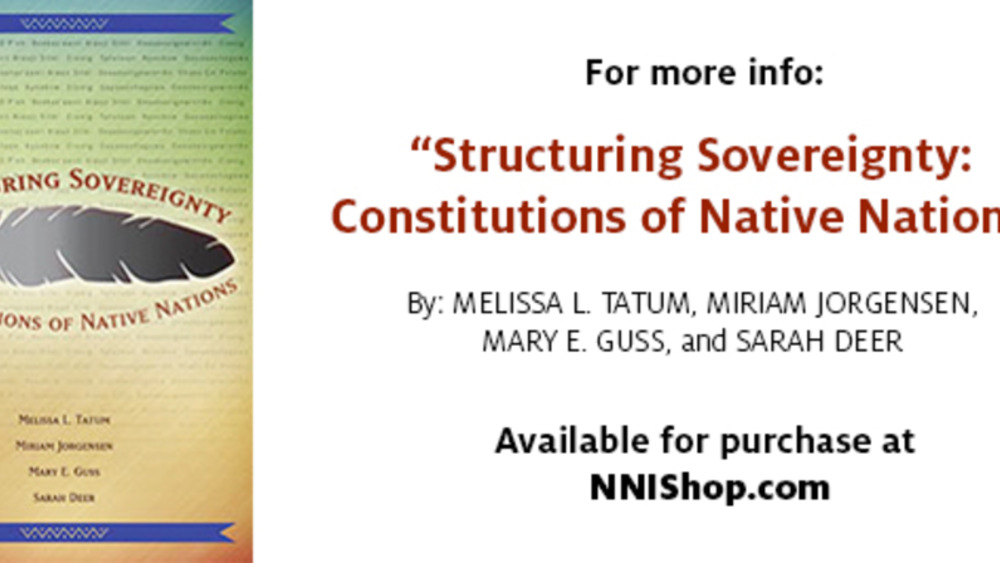
Coquille Indian Tribe Constitution
Location: Oregon Population: 968 Date of Constitution: 1991, as amended 2008 Preamble: Our ancestors since the beginning of time have lived and died on the Coquille aboriginal lands and waters. The Coquille Indian Tribe is and has always been a sovereign self-governing power dedicated…
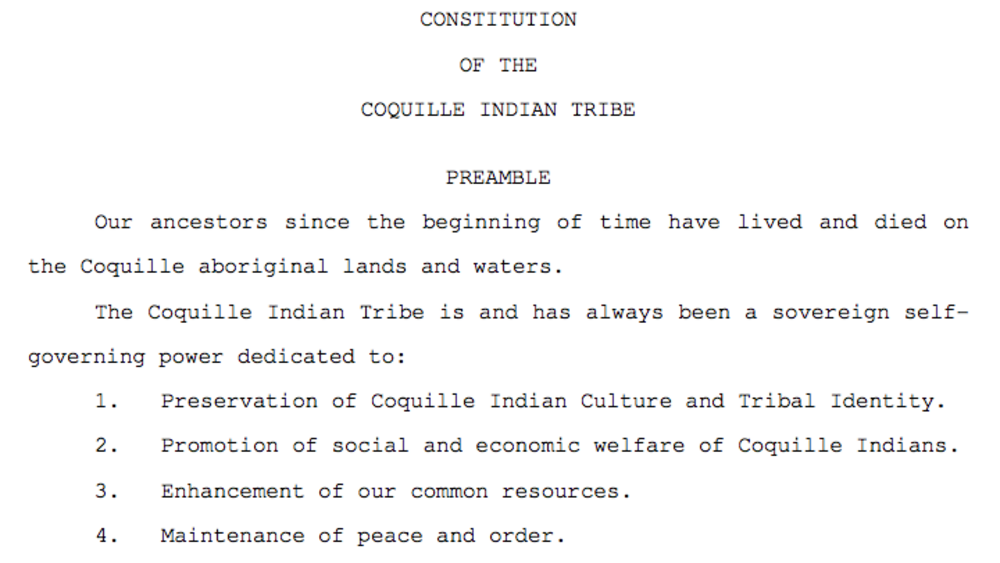
Coquille Indian Tribe: Preamble Excerpt
Preamble: Our ancestors since the beginning of time have lived and died on the Coquille aboriginal lands and waters. The Coquille Indian Tribe is and has always been a sovereign selfgoverning power dedicated to: 1. Preservation of Coquille Indian Culture and Tribal Identity. 2.…
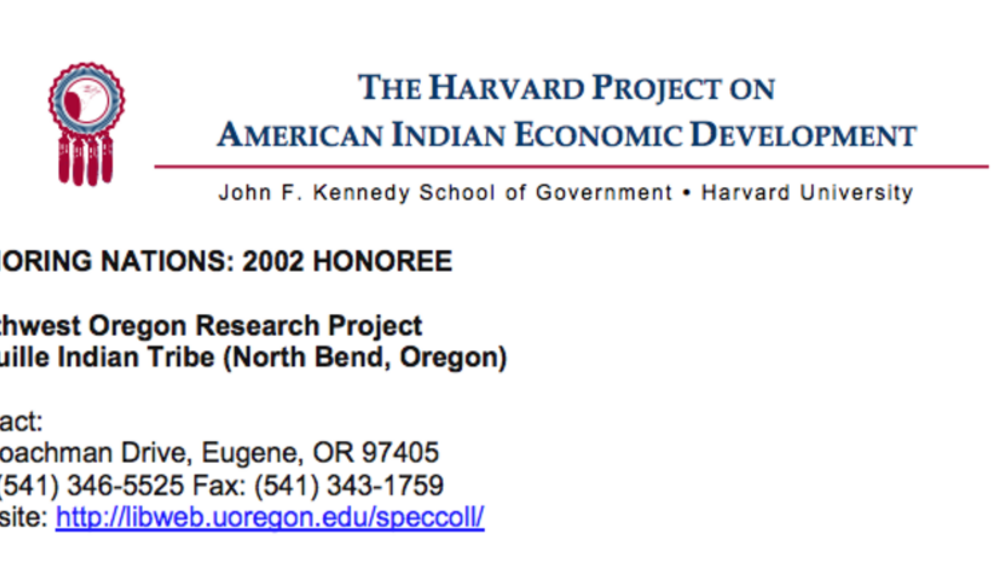
Coquille: Southwest Oregon Research Project (SWORP)
Driven by the belief that possessing historical documents and archival collections is essential for cultural self-determination, the Coquille Indian Tribe partnered with the University of Oregon and the Smithsonian Institution to launch the Southwest Oregon Research Project (SWORP) in 1995. Through…
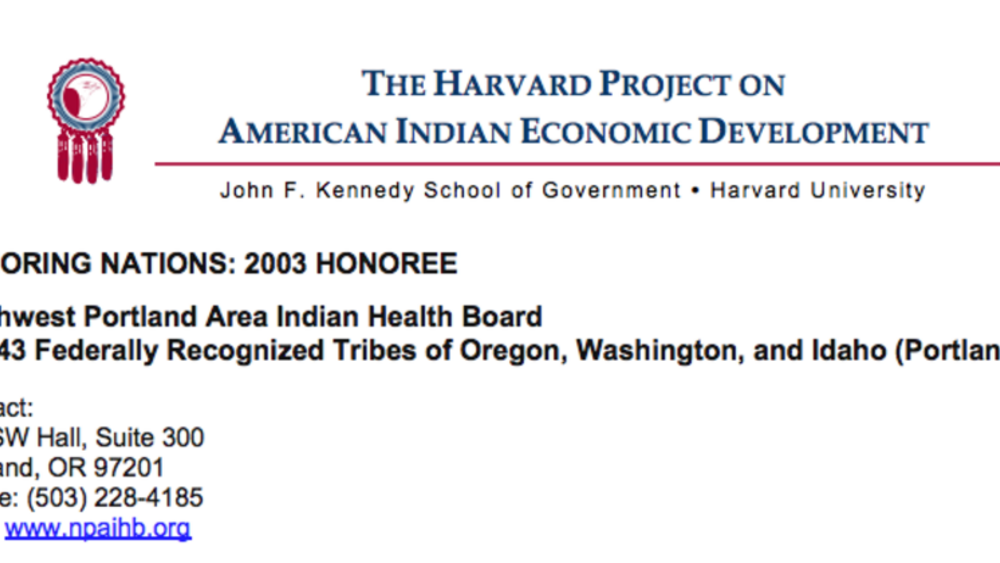
Northwest Portland Area Indian Health Board
Serving tribes in Oregon, Washington, and Idaho, the Northwest Portland Area Indian Health Board (NPAIHB) was created in 1972 to increase tribes’ ability to exercise control over the design and development of tribal health care delivery systems. Governed by tribal government delegates, NPAIHB…
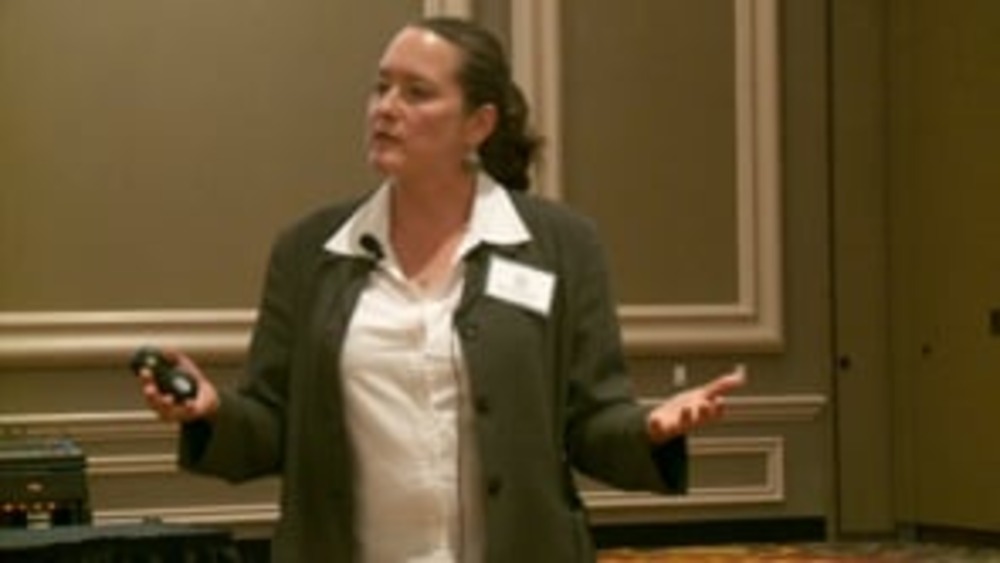
Miriam Jorgensen: Considering People-Made Law in Your Constitution (Presentation Highlight)
In this highlight from the presentation "Key Things a Constitution Should Address: 'How Do We Make Law?'," Miriam Jorgensen lays out some of the different ways that Native nations can provide mechanisms for citizens of those nations to make laws or change laws governing those nations.
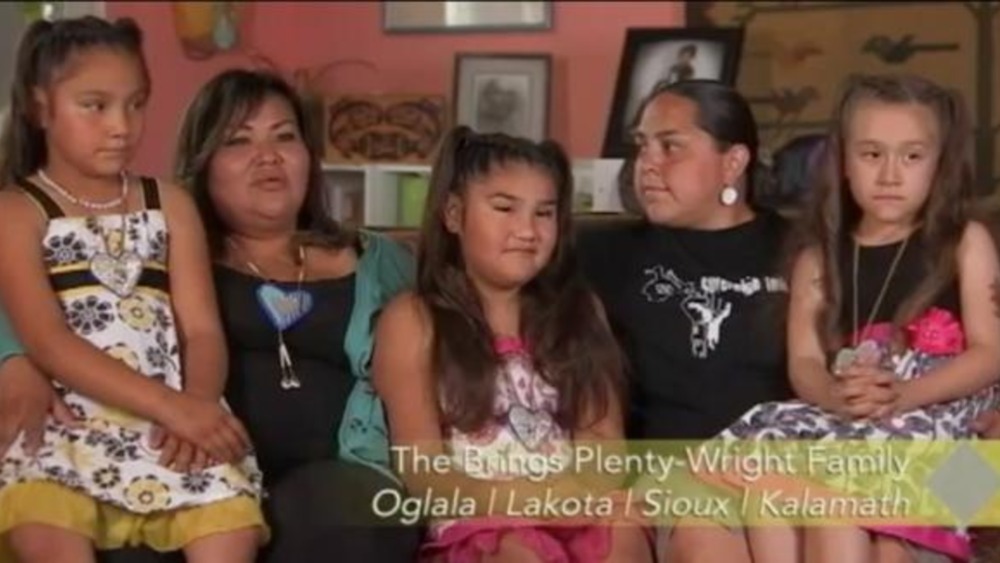
Two Spirit/LGBT Rights Toolkit for Tribal Governments Introduced
A first-of-its-kind guide complete with sample legal language is now available for tribal governments to adopt or amend their laws to recognize the rights of all their citizens, including Two Spirit and lesbian, gay, bisexual, and transgender (LGBT) people...
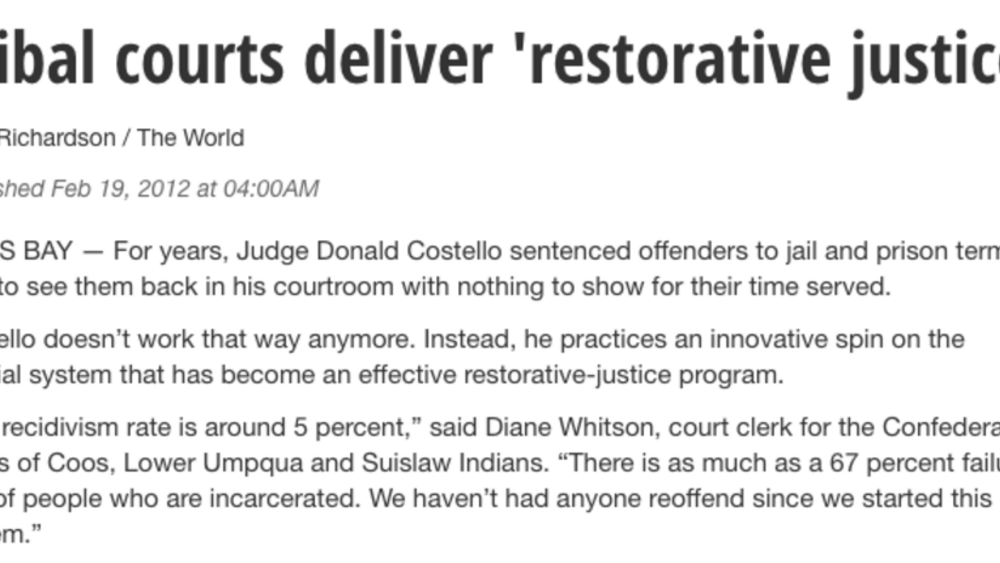
Oregon tribal courts deliver 'restorative justice'
For years, Judge Donald Costello sentenced offenders to jail and prison terms, only to see them back in his courtroom with nothing to show for their time served. Costello doesn't work that way anymore. Instead, he practices an innovative spin on the judicial system that has become an effective…
